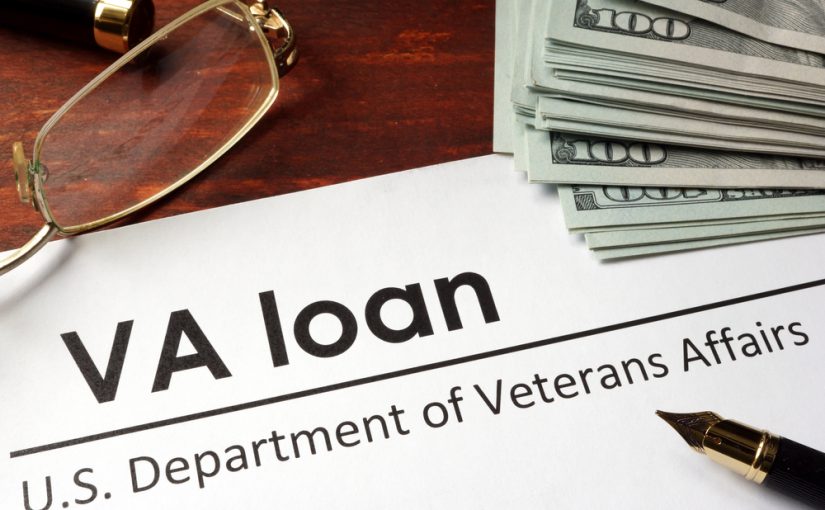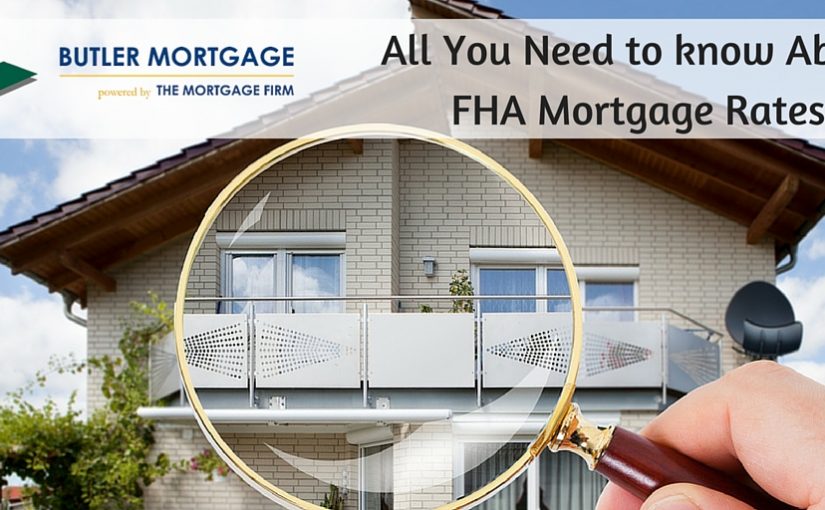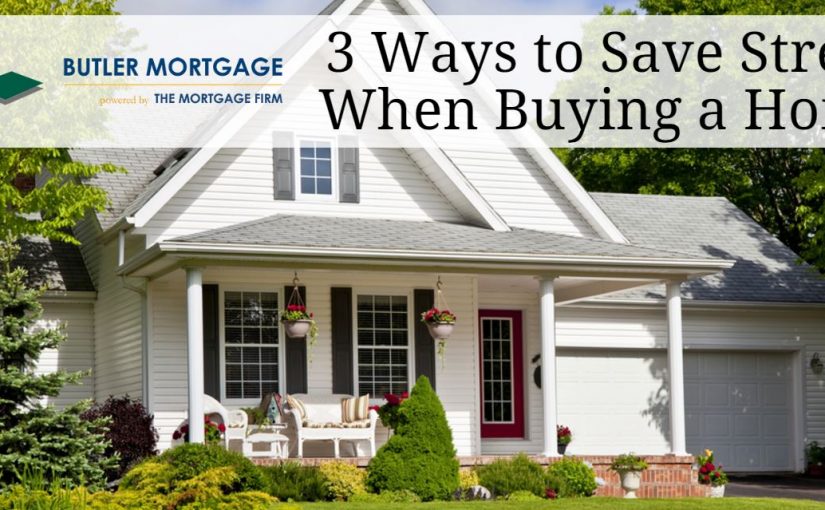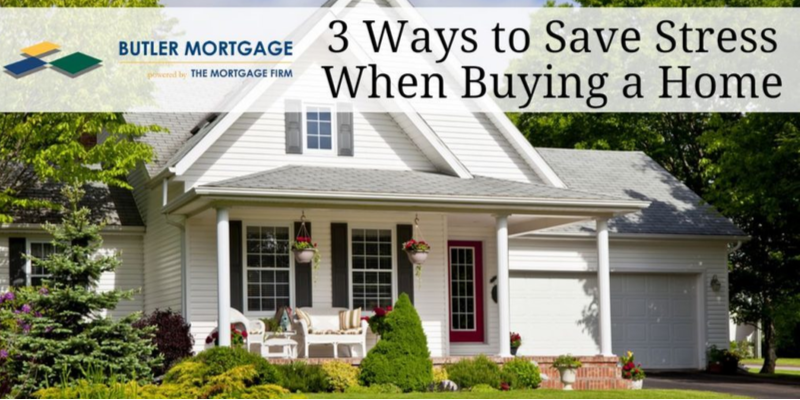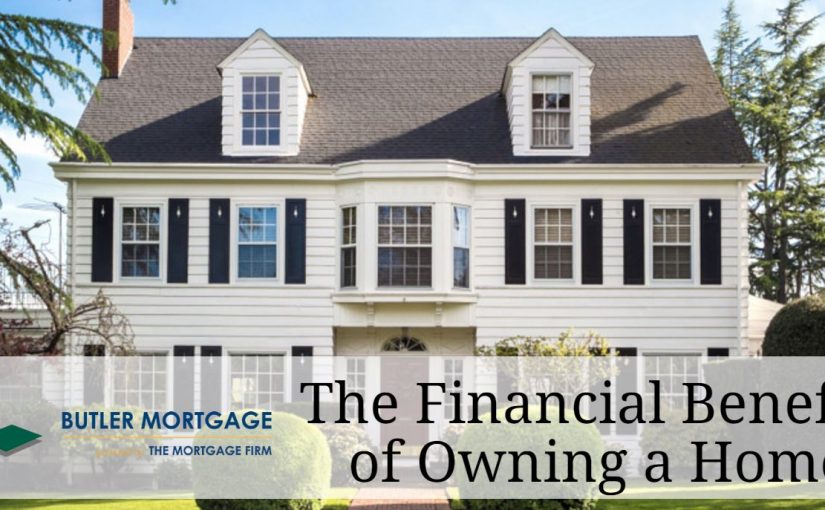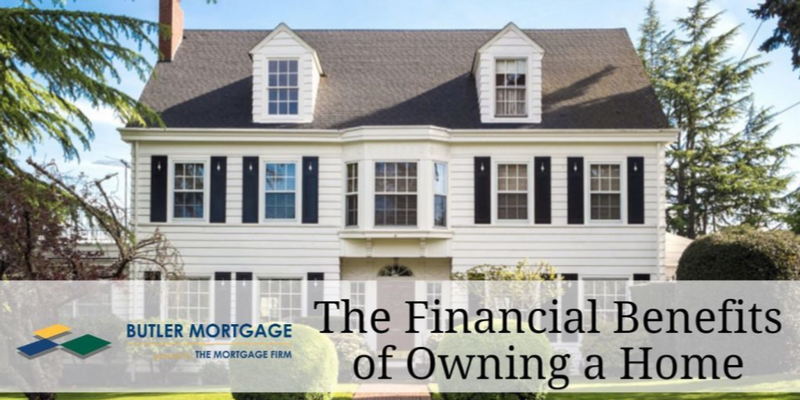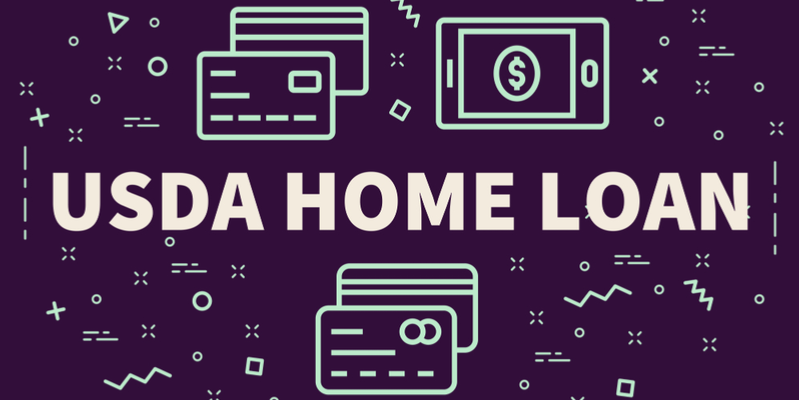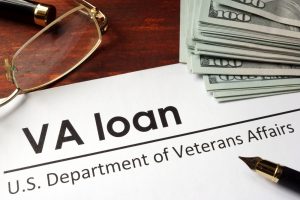
Veterans, active military members, surviving spouses, and others may qualify for Veterans Affairs (VA) loans when purchasing homes. The Department of Veterans Affairs backs VA loans, and applicants may receive several benefits through the arrangement. Those who qualify for a VA loan may not need to invest in costly mortgage insurance or maintain as high a credit score as a conventional borrower.
Individuals who receive a VA loan are not required to provide a down payment. As long as the applicant meets the terms of the VA loan, it remains one of the most economical financing arrangements available in the real estate market today.
Do You Qualify for a VA Loan?
Here are some basic requirements to qualify for a VA loan:
- You meet the minimum qualifications for credit and income that private lenders require.
- You hold a legitimate Certificate of Eligibility (COE) as the result of your service.
- You are the unmarried surviving spouse of a veteran who died, is missing in action, or who is a prisoner of war.
- You are the surviving spouse of a completely disabled veteran.
- You paid your previous VA loan in full or another veteran purchaser agrees to assume the responsibility for the remainder of the loan.
Use VA Loans for More
In addition to purchasing a home or condominium in an approved location, veterans can use the loan program to build new homes, improve preexisting homes with energy-efficient renovations, or purchase pre-built homes.
You may qualify for a VA loan if you currently hold a conventional mortgage as well. To take advantage of veteran benefits, refinance your home under the VA loan program, use your equity to improve your home or pay down debt, or participate in an interest rate reduction refinance loan to secure the lowest mortgage rates.
If you have questions about your eligibility, you can speak with a representative at the Department of Veterans Affairs or to a lender that specializes in VA loans. Butler Mortgage offers a free pre-qualification screening for veterans. See if you pre-qualify for your primary home VA loan today by calling 407-931-3800!



